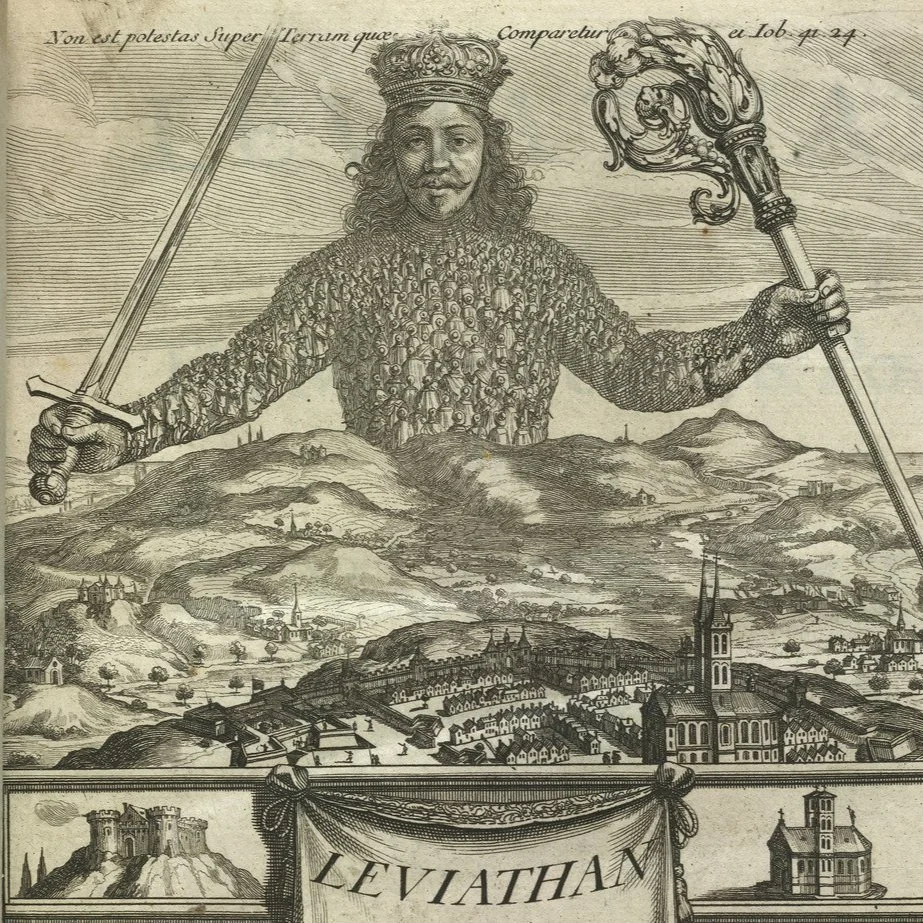17 August 2023 - 'Artificial Intelligence, Instrumental Cause and Corporate Personhood: A Political Theology of Corporate Technology' with Timothy D Peters
August 17 2023, 1-2pm
MLS Boardroom, enter via Level 9
RSVP by Friday 11 August. Register here
Artificial Intelligence, Instrumental Cause and Corporate Personhood: A Political Theology of Corporate Technology
Associate Professor Timothy D Peters
For the late Roman Catholic theologian, Ivan Illich, the origin of the modern understanding of tools and technology arose in the twelfth century, in tandem with the emergence in sacramental theology of an additional conceptualisation of causation: ‘instrumental cause’ as a subset of ‘efficient cause’. For Illich, what was significant and had not been recognisable before, was the concept of a tool as separate from the individual deploying it. This parallels the formalisation, during the same period, of the effectiveness of the sacraments, which Giorgio Agamben has detailed in his genealogy of office, as independent of the priest as ‘animate instrument’ performing them. A third emergent concept in this period alongside that of the tool and the animate instrument is the medieval figuring of corporate personhood as something independent (rather than a combination of) those that constitute a particular organisational body. This concurrent emergence of the notion of the artificiality of corporate personhood, functioning alongside the instrumentality of both tool and office, is crucial, I argue, to understanding the configuration of our current conditions in regards to law, technology and the human. As Susan Watson has highlighted, the modern debates regarding the nature of artificial intelligence and corporate personhood are not so much the generation of a radically different configuration but rather a straightforward extension of modern corporations (encompassing legal personhood and limited liability) that already operate as nearly autonomous systems to the exclusion or separation of the human. This article places both the arguments for and against the legal personhood of autonomous systems and the deployment of artificial intelligence as a tool that can support, contribute to or even displace tradition mechanisms of corporate governance within the theological genealogy of the instrument cause, vicarious power and corporate personhood. In doing so it develops a political theology of corporate technology that is particularly relevant to thinking through the potential effects of artificial intelligence on the constitutively vicarious exercise of power that corporate personhood enables.
Dr Timothy D Peters is an Associate Professor of Law at the School of Law and Society, University of the Sunshine Coast, an Adjunct Research Fellow at the Law Futures Centre, Griffith University and President of the Law, Literature and Humanities Association of Australasia. He is author of A Theological Jurisprudence of Speculative Cinema: Superheroes, Science Fictions and Fantasies of Modern Law (Edinburgh University Press, 2022), co-editor of the forthcoming Routledge Handbook of Cultural Legal Studies and the recipient of an Australian Research Council Discovery Early Career Researcher Award (project number DE200100881) funded by the Australian Government, examining ‘New Approaches to Corporate Legality: Beyond Neoliberal Governance’.

